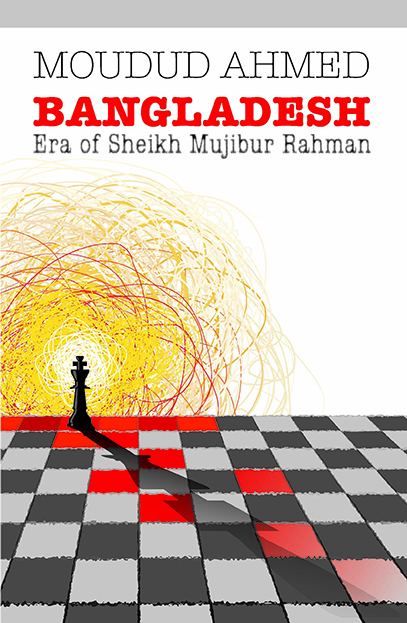
- Shop
- Bangladesh - Era of Sheikh Mujibur Rahman
Bangladesh - Era of Sheikh Mujibur Rahman
https://uplbooks.com/shop/9789845062268-bangladesh-era-of-sheikh-mujibur-rahman-8222 https://uplbooks.com/web/image/product.template/8222/image_1920?unique=3d813f3
| Language: English |
Tags :
Book Info
The August coup of 1975, the assassination of Sheikh Mujibur Rahman and the events that followed have shown that it is easier to change a government than to establish a legitimate regime and an effective administration. The power struggle that goes on in Bangladesh calls for a new consensus if the country has to achieve its politico-economic freedom. The book presents an assessment of the politics pursued in Bangladesh during its initial years and argues that the crisis Bangladesh faces today is the result of the socio-economic and political measures taken by the Awami League government and Sheikh Mujibur Rahman. In the course of his assessment, he has examined the political compulsion and contradictions which led the regime to go for a one-party rule. The ruling party’s treatment of the freedom fighters, the so-called collaborators and the army as an institution are seen as examples which had bleeding effects on the body politic of the newly achieved country. This significantly objective work helps the readers to understand the political dimensions of the newly independent states of South Asia and Africa. The study answers questions why so frequently nationalist leaders committed to liberal democratic governments have rejected the same after independence. The author declares Sheikh Mujibur Rahman as “the greatest phenomenon” in the history of Bangladesh. A separate chapter is devoted to providing an objective appreciation of the personality of Bangabandhu. This book is a mine of inexhaustible value to students of politics, history, law, economics and Bangladesh studies.

Moudud Ahmed
Moudud Ahmed (1940-2021) was a prominent statesman whose illustrious political career spanned decades in independent Bangladesh. From serving as the country’s first Postmaster General to holding key roles including Prime Minister, Vice President, and Minister of Law, he remained a central figure in shaping the nation’s governance. Despite shifting political affiliations, Ahmed consistently sought to rise above party lines, guided by his enduring love for Bangladesh. He actively participated in the Language Movement, Mass Uprising (1969) and the Liberation War. A prolific writer, he authored over a dozen books on law, politics, and history. His contributions were marked by intellectual depth and an unrelenting commitment to democratic ideals. He was awarded the Mother Teresa Award for Social Justice in recognition


